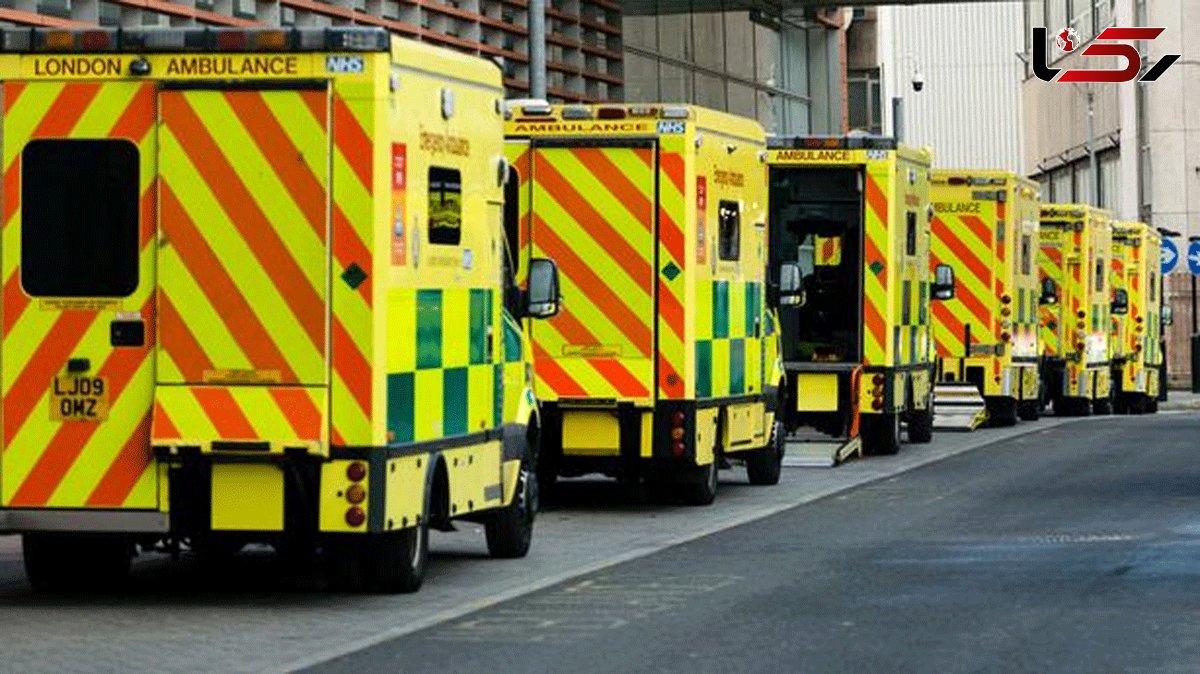London hospitals 'fortnight from being overwhelmed with Covid' in 'best case scenario'
Rokna: Hospitals in London are less than two weeks away from being overwhelmed with Covid-19 admissions even in the "best case scenario", a leaked report states.

According to an NHS presentation seen by HSJ, hospitals in the capital will be short of nearly 2,000 general and acute and intensive care beds by January 19.
And that is even if numbers grow at the lowest rate and measures to sustain demand such as Nightingale hospitals prove effective, NHS England London medical director Vin Diwaka told medical directors of London's hospital trusts.
It comes as the UK's daily recorded Covid-19 deaths surpassed 1,000 for the first time since April, with an all time high of 62,322 infections as the disease continues to spread.
The peak in cases has been attributed to a new strain of the virus said to be up to 70 per cent more transmissible and has caused the government to announce a new lockdown for England.
Millions have as of Wednesday been plunged under the third lockdown, which will mean travel is only allowed for essential reasons while schools will shut till mid February.
In a statement given to HSJ this evening, HSJ quoted Dr Diwakar saying: “Hospitals in London are coming under significant pressure from high covid-19 infection rates which is why they have opened hundreds of surge critical care beds and are planning to open more, including opening the London Nightingale.
“While staff are going the extra mile to care for patients it is crucial that people do everything they can to reduce transmission of the virus.”
The briefing outlined how in the "best" case scenario, total demand for general and acute beds is projected to be 17,100.
Capacity could be increased by finding beds elsewhere in the NHS or by getting them through, for example, the private sector, specialist trusts and Nightingale hospitals.
But that would bring in 15,600 more places, 1,500 short of the predicted demand.
In terms of intensive care, “total unmitigated demand” could rise to just over 2,000.
As capacity is projected to be 1,660, it means there could be a shortfall of just over 400 intensive care beds.
It comes after Dr Susan Hopkins, deputy director of the national infections service at Public Health England (PHE), voiced a bleak outlook as frontline medics battle a surge in cases.
She told BBC Breakfast: "This position is the most serious we've been in so far this pandemic.
"We are now seeing a number of patients in hospitals 40% higher than the cases at the peak in March/April.
"And we know that the cases in the community are still rising. And that means that we expect to see further admissions to hospital, and we expect to see further deaths."Follow the Official Rokna NEWS Telegram Channel For More and fresh NEWS.
Mirror

Send Comments